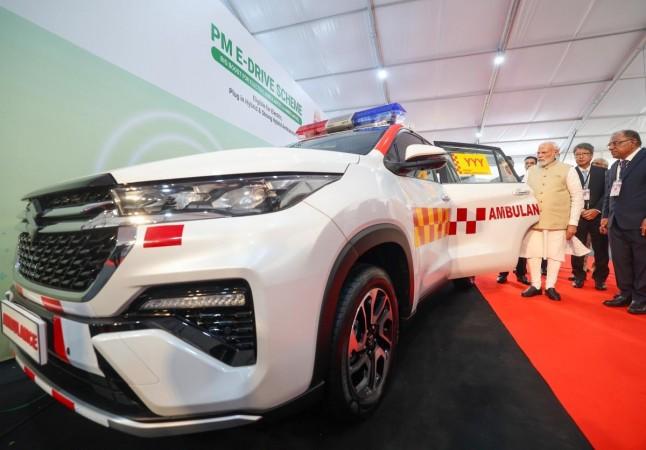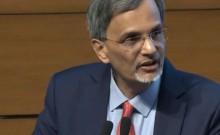
The Ministry of Heavy Industries (MHI) has issued operational guidelines which earmark an outlay of Rs 2,000 crore for offering subsidies of up to 100 per cent for setting up public charging stations for electric vehicles in cities and across highways under the Rs 10,900 crore PM E-DRIVE scheme.
Government premises such as offices, hospitals, educational institutions and central public sector enterprises will receive 100 per cent subsidy on both upstream infrastructure and EV charging equipment, provided the chargers offer free public access, the guidelines state.
In the case of bus stations operated by state transport undertakings, metro stations, municipal parking lots, public sector ports and NHAI /state government controlled toll plazas and way-side amenities on highways and expressways, the subsidy will cover 80 per cent of upstream infrastructure and 70 per cent of EV supply equipment cost.
Locations like airports, railway stations, fuel retail outlets of state-run oil marketing companies like Indian Oil, Bharat Petroleum and Hindustan Petroleum, metro stations and bus depots will get 80 per cent subsidy on infrastructure and 70 per cent on charging equipment.

Battery swapping and charging stations are also covered, with 80 per cent subsidy support.
The scheme will give priority to urban centres with a population of over one million, smart cities, satellite towns connected to 7 metros (Delhi, Mumbai, Kolkata, Chennai, Hyderabad, Bengaluru and Ahmedabad), state capitals, and high-density national and state highways. Public transport hubs such as railway stations, airports, and fuel retail outlets have also been earmarked for receiving infrastructure support.
Public sector giant Bharat Heavy Electricals Ltd (BHEL) has been designated as the Project Implementation Agency, while IFCI will serve as the Project Management Agency. BHEL will also develop a National Unified Hub and mobile app to integrate EV chargers, offering discovery, real-time updates, slot booking and payment facilities.
Subsidy disbursement will be done in two stages — 70 per cent at the procurement stage and the remaining 30 per cent after commissioning and integration with the Unified Hub.
The guidelines have also finalised the charging standards which stipulate up to 12 kW for two- and three-wheelers, and 50 kW to 500 kW fast chargers for cars, buses and trucks.
(With inputs from IANS)
Related














